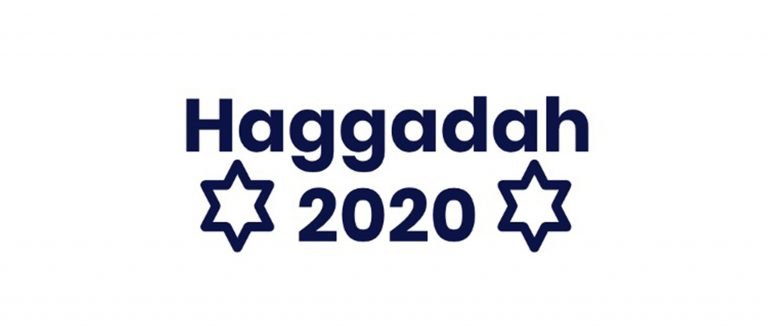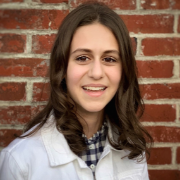Haggadah 2020: Passover in the Time of the Coronavirus

It was just a week ago—though, in truth, the last week has felt like four. I was reviewing various Haggadot, from the Maxwell House edition to the Chabad online Haggadah to Jonathan Safran Foer and Nathan Englander’s New American Haggadah, trying to familiarize myself with the Passover Seder in preparation to lead it during the upcoming month. My 18th birthday falls on Passover, and I had invited family and friends to observe and celebrate at my home.
COVID-19 was at the top of my mind, but I could not have predicted the extent to which—and rapidity with which—our world would change. As the week proceeded, schools were cancelled. Social distancing and self-quarantine became the norm. Grocery aisles emptied and my family rushed to complete our Passover shopping before all the matzah disappeared. My synagogue shut down its physical campus and went virtual. I quickly realized that Passover would occur without the usual festivities and social gatherings.
As I continued reading the Haggadot, I made connections between the Seder and the pandemic. Handwashing (Urchatz and Rachtzah)? Well, we’ve certainly been doing a lot of that lately. The Afikomen? Like the piece of matzah, we’ve all gone into hiding. The Ten Plagues? Now, that’s too easy. Inspired by the virtual Jewish learning offerings that had popped up within days, I created the Instagram account @Haggadah2020. Each day leading up to Passover, I share thoughts on Instagram about coronavirus and our society, pairing them with relevant parts of the Seder.

Thus far, I have discussed Kadesh, and how the inclusion of a familiar ritual in the Passover Seder should remind us to rely on our routines and practices to establish a sense of normalcy during this time. I have compared the Jewish hand-washing ritual to the CDC’s recommended hand-washing sequence. I have commented on the inclusion on our Seder plate of karpas, which represents rebirth and the thriving of the Jewish people and noted that we must remember the positive aspects of 2020.
If you, like me, turn to Jewish texts to make sense of the time in which we are living, visit @Haggadah2020 and share your thoughts in the comments. Stay healthy, and here’s hoping that virtual Seders exceed everyone’s expectations.

Julie Levey is a senior at The Spence School in N.Y. She is a member of Fresh Ink for Teens’ Editorial Board and is a panelist for The Jewish Education Project's Virtual Panel Discussion, Jewish Teens Respond to Coronavirus. This article was originally published on Fresh Ink for Teens, an online magazine written by, and for, Jewish high school students from around the world.
